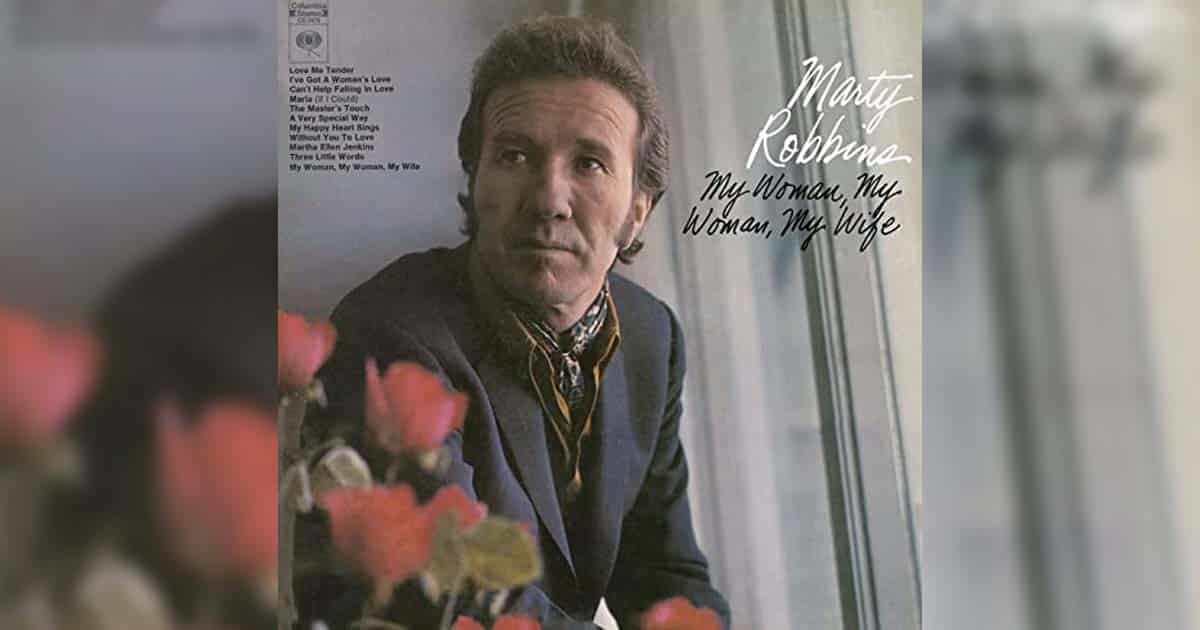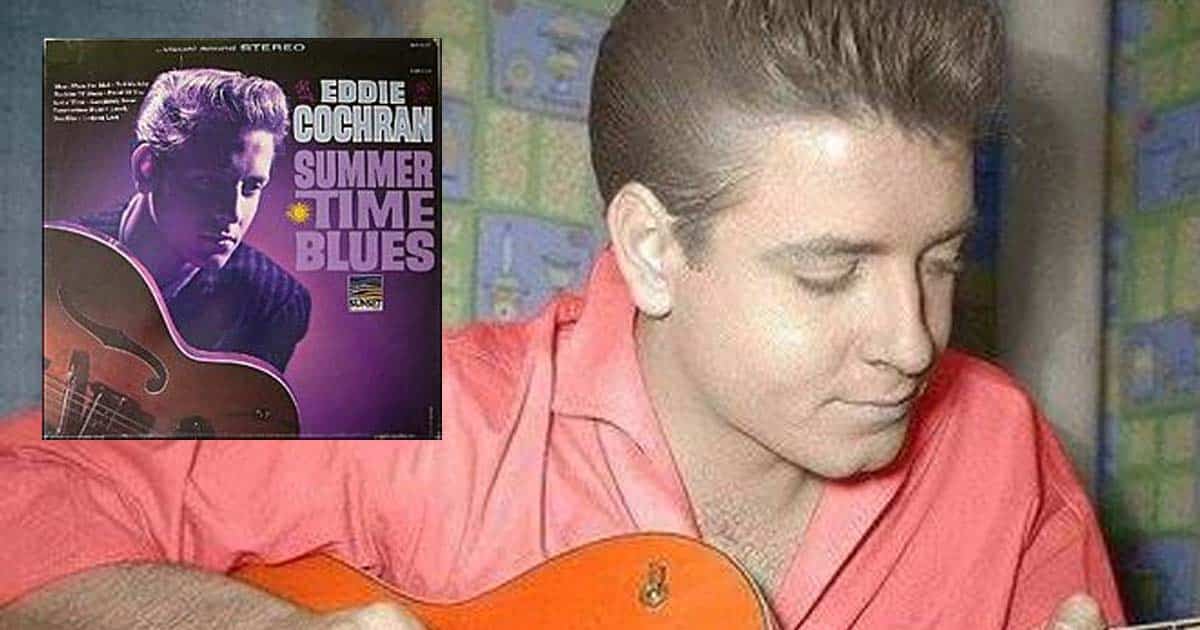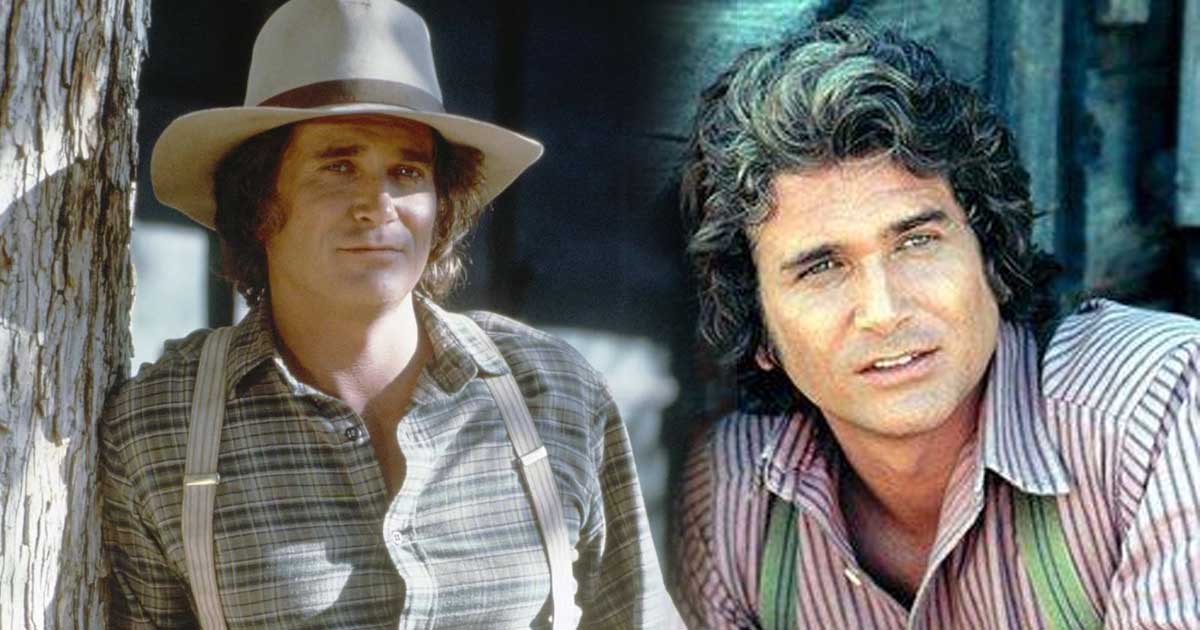Marty Robbins’ “My Woman, My Woman, My Wife” was released as the first single from his 1970 album of the same title, and it went on to become a No. 1 hit on the country charts. The song only held the top spot for a week, but it remained on the charts for a total of fifteen weeks.
And even though not a No. 1 crossover hit, “My Woman, My Woman, My Wife” still broke into the Billboard Hot 100 chart, peaking at No. 42. The song was also a major success in Canada, where it hit No. 1 on the Canadian RPM Country Tracks chart.
In 1971, “My Woman, My Woman, My Wife” was yet another Grammy Award-winning song for Robbins, as he took home the award for Best Country Song.
Things That A Man Would Want To Say To His Wife
Written by Marty Robbins himself, “My Woman, My Woman, My Wife” was for and about his wife, Marizona Baldwin, whom he married in June 1945.
In a 1978 interview, Robbins said, “I wrote “My Woman, My Woman, My Wife,” for my wife, Marizona. I thought the lines in that song were the things that a man would want to say to his wife, and they were things that I wanted to say to her. And my wife is everything I said in that song. It’s a true song.”
“When she reaches that river, Lord, you know what she’s worth. Give her that mansion up yonder ’cause she’s been through hell here on earth. Lord, give her my share of Heaven if I’ve earned any here in this life. ‘Cause God, I believe she deserves it, my woman, my woman, my wife,” the song goes.
Four days after the song’s release, Robbins became one of the first people in the United States to undergo a triple arterial bypass, which we now know as open-heart surgery. Robbins developed cardiovascular disease early in his life. After his third heart attack on December 2, 1982, he underwent quadruple coronary bypass surgery. Unfortunately, Robbins did not recover and died six days later. He was 57 years old.
Although Robbins is gone, he will never be forgotten, as his legacy lives on through the incredible songs he wrote and performed. Tune in below for his breathtaking performance of “My Woman, My Woman, My Wife.”


















